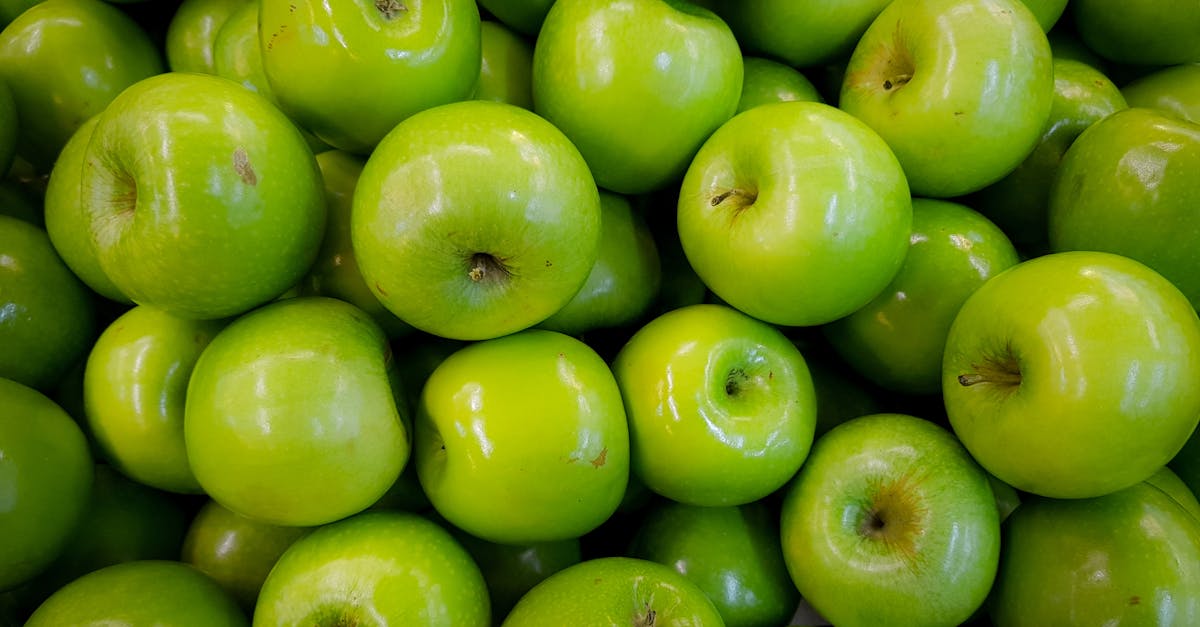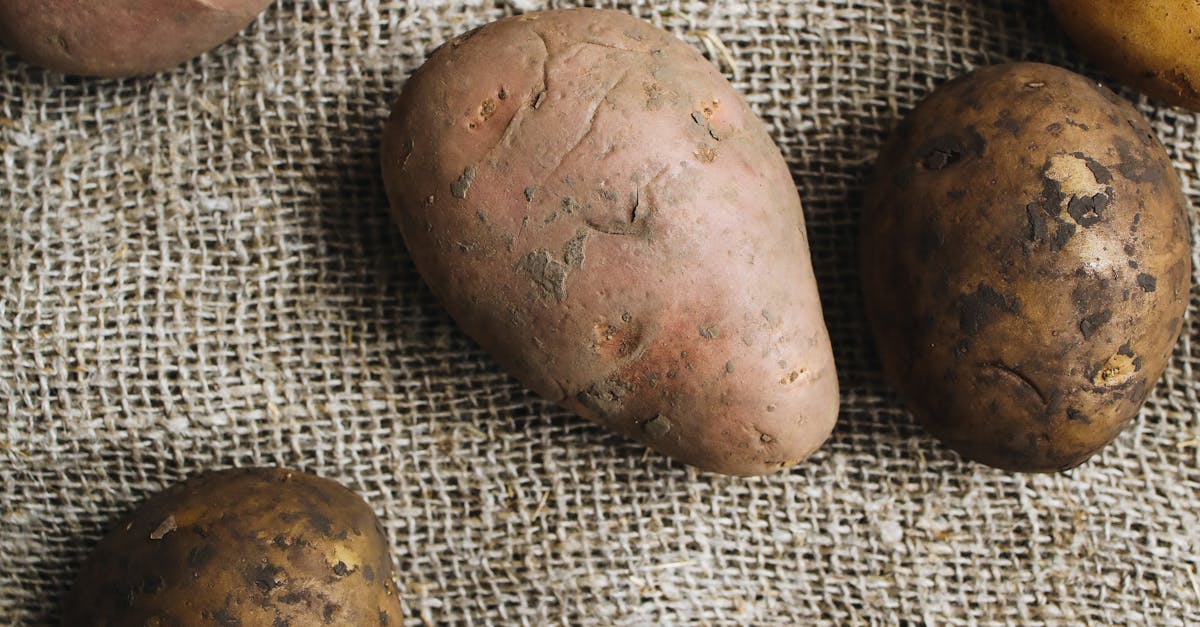Introducing solid foods to your baby can be an exciting yet daunting experience. Among the many options available, sweet potato stands out as a nutritious and versatile food choice. But can you really give sweet potato to a 6-month-old baby? The answer is a resounding yes! This blog post will explore the benefits of sweet potatoes for infants, how to prepare them, and answer some frequently asked questions to guide you through this journey.
| Benefits of Sweet Potato | Description |
|---|---|
| Rich in Nutrients | Sweet potatoes are packed with vitamins and minerals essential for your baby’s growth. |
| Easy to Digest | The soft texture of sweet potatoes makes them easy for babies to digest. |
| Allergy-Friendly | Sweet potatoes are unlikely to cause allergic reactions in infants. |
| Versatile Preparation | They can be prepared in various ways such as pureed, mashed, or baked. |
| Flavorful | The natural sweetness of sweet potatoes makes them appealing to babies. |
| Supports Eye Health | Sweet potatoes are high in beta-carotene, which is important for vision. |
| Promotes Healthy Skin | The vitamins in sweet potatoes contribute to healthy skin development. |
| Good Source of Fiber | Fiber helps with digestion and promotes a healthy gut. |
| Boosts Immunity | The antioxidants in sweet potatoes help strengthen your baby’s immune system. |
| Affordable and Accessible | Sweet potatoes are generally inexpensive and widely available in most markets. |
Rich in Nutrients
Sweet potatoes are a powerhouse of nutrition. They are rich in vitamins A, C, and B6, as well as minerals like potassium and magnesium. These nutrients are vital for your baby’s growth and development, ensuring they receive the essential building blocks for a healthy start in life.

Easy to Digest
The soft, creamy texture of cooked sweet potatoes makes them easy for babies to digest, reducing the risk of tummy troubles. When mashed or pureed, they can be a gentle introduction to solid foods, making the transition from milk to solids smoother for both you and your baby.

Allergy-Friendly
Sweet potatoes are considered hypoallergenic, meaning they are less likely to trigger allergic reactions in infants. This makes them an excellent first food choice as parents introduce various foods to their babies’ diets.

Versatile Preparation
One of the best aspects of sweet potatoes is their versatility. They can be prepared in numerous ways: boiled, steamed, baked, or roasted. You can serve them as a puree, mash them with a fork, or even cut them into small pieces for older babies who can handle finger foods. This adaptability allows you to get creative in the kitchen while ensuring your baby enjoys their meals.

Flavorful
Babies are often drawn to sweet flavors, and sweet potatoes deliver just that. Their natural sweetness makes them a hit with little ones, encouraging them to explore new tastes and textures without overwhelming their palates.

Supports Eye Health
Beta-carotene, found abundantly in sweet potatoes, is converted into vitamin A in the body. This nutrient is crucial for eye health and vision development in infants. Ensuring your baby gets enough vitamin A can help prevent vision problems later in life.

Promotes Healthy Skin
The vitamins and antioxidants in sweet potatoes contribute to healthy skin development. Vitamin C, in particular, plays a significant role in collagen formation, which is essential for skin health. Incorporating sweet potatoes into your baby’s diet can help ensure they have glowing, healthy skin.

Good Source of Fiber
Fiber is an essential component of a balanced diet, aiding in digestion and preventing constipation. Sweet potatoes contain dietary fiber, which can help your baby develop healthy eating habits from a young age. Introducing fiber-rich foods like sweet potatoes can set the stage for a lifetime of healthy digestion.

Boosts Immunity
Sweet potatoes are loaded with antioxidants, which play a critical role in supporting the immune system. Regularly including sweet potatoes in your baby’s diet can help strengthen their immune defenses, protecting them from infections and illnesses.

Affordable and Accessible
Sweet potatoes are not only nutritious but also budget-friendly. They are widely available in grocery stores and farmers’ markets, making them an accessible food option for families. This affordability means you can provide your baby with healthy meals without breaking the bank.

FAQs
Can I give my 6-month-old sweet potato every day?
Yes, you can include sweet potatoes in your baby’s diet daily, but it’s essential to provide a variety of foods to ensure a balanced diet. Moderation is key, as with all foods.
How should I prepare sweet potatoes for my baby?
Sweet potatoes can be boiled, steamed, or baked until soft, then mashed or pureed for younger babies. Ensure there are no lumps and the texture is appropriate for your baby’s stage of eating.
Are there any risks associated with feeding sweet potatoes to babies?
While sweet potatoes are generally safe and nutritious, it’s crucial to introduce them gradually and watch for any signs of allergies. Always consult with your pediatrician if you have concerns about your baby’s diet.
What age is appropriate for introducing sweet potatoes?
Sweet potatoes can be introduced to babies around 6 months of age when they are developmentally ready for solid foods. Always consult with your pediatrician for personalized advice.
Can I use sweet potato in baby food recipes?
Absolutely! Sweet potatoes can be blended with other fruits and vegetables to create delicious baby food recipes. They pair well with flavors like apple, carrot, and cinnamon.
For more information on introducing solid foods to infants, you can visit [CDC – Introducing Solid Foods](https://www.cdc.gov/nutrition/infantsandtoddlers/introducing-solid-foods.html) and [HealthyChildren.org – Starting Solid Foods](https://www.healthychildren.org/English/ages-stages/baby/feeding-nutrition/Pages/Starting-Solid-Foods.aspx).
